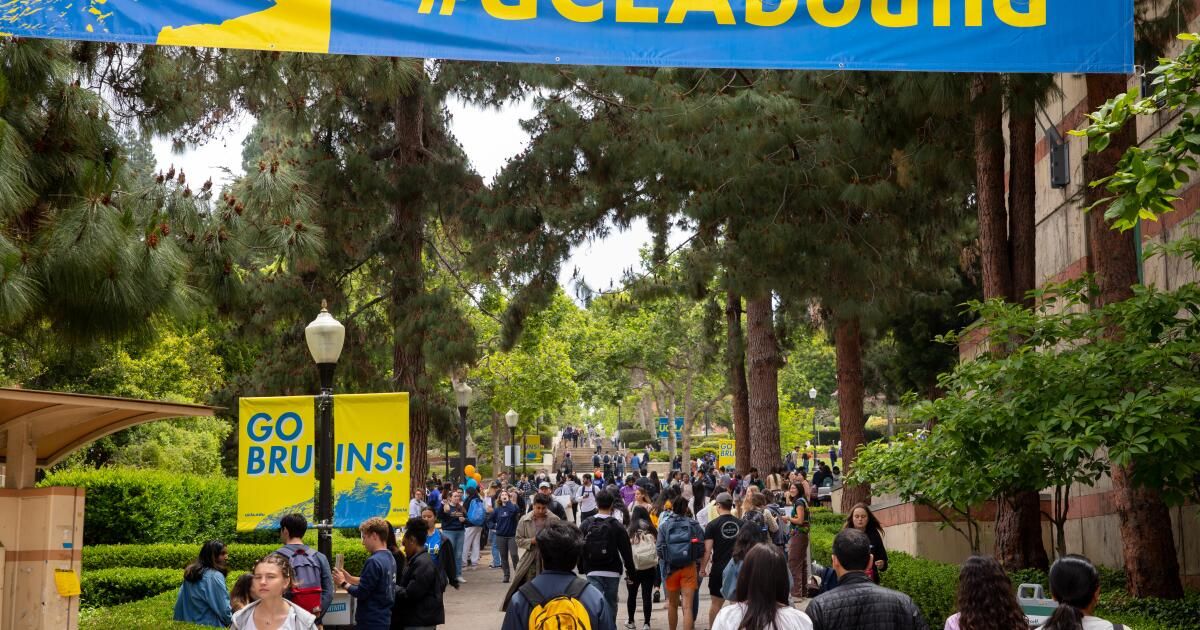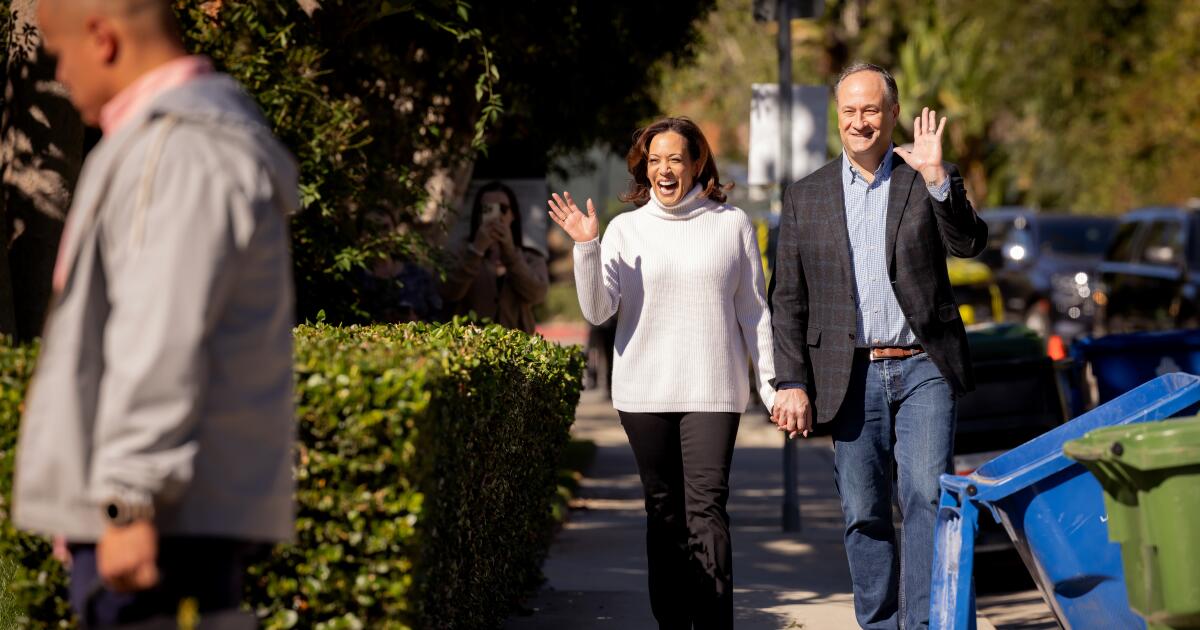I recently attended a Big Numbered Year reunion at my East Coast college. It was great to see old friends and recognize younger selves beneath the gray hair and wrinkles on our faces. It wasn't so great to realize how many of us have already departed this life, an emotion the college exploited in its fundraising campaigns for attendees.
Like many American higher education institutions, my school is asking its older alumni for something bigger than we’ve ever given them before. Colleges want money from beyond. With mortality knocking on our doors (and affecting our knees), we baby boomers and some Gen Xers are being asked to leave a substantial gift to the colleges we attend. Given the size of our cohort, that could yield a lot of money.
Of course, many universities, along with thousands of buildings on their campuses and endowed faculty positions, bear the names of philanthropists from centuries past. Think Vanderbilt, Carnegie, Stanford, Scripps, etc. But the current wave of bequests reaches deeper into the middle class than in previous generations, fundraising professionals told me.
At the meeting, my friends and I discussed possible gifts, mostly with dark humor. Many rejected the idea out of hand, citing other needs in a society trying to cope with homelessness and climate change. Some said their children deserved the full inheritance. But I was among classmates who seemed to be seduced to some degree. Despite some lingering mixed feelings about the university’s already large endowment, I am considering such a donation. And beyond any possible modest gift, the request has prompted me to confront my mortality more directly and consider what really matters to me in the long run.
I spoke to a development officer at a University of California campus about the broader group of alumni now being asked for legacy gifts. He told me that a lot of “thought and care” goes into how schools make that suggestion. The request itself, he noted diplomatically, “makes people think that life is closer to the end than the beginning.”
Regardless of the details, the emotional appeals are largely the same: Since you're dying soon, wouldn't it be nice to be remembered on the campus that helped shape you? You could give back to the place that gave you a crucial head start on a successful career, where you made lots of friends and maybe even found a partner. And if you were a financial aid recipient, like me, you could help future children like you get ahead in college.
All of this may have special meaning for alumni who want to thank the many public universities in California that were founded or expanded to accommodate the multitudes of young people who came of age in the 1960s and 1970s. Many others, however, may feel that those debts were paid by all the taxes and tuition (very low for their time) they paid. Fundraising officials told me that part of their job is to convince baby boomers that tax revenues no longer cover the cost of running these UC and Cal State campuses.
More broadly, higher education is regarded less highly than it was 20 years ago, and more and more people are questioning its value. These feelings, along with political and cultural issues, make the job of a development officer much more difficult. In the past year, some donors have withdrawn or delayed their donations because they don’t like how a university has handled protests over the war in Gaza or issues related to racial diversity. Others scoff at donation requests after seeing how large the schools’ endowments are and how inflated administrative salaries are. Some remain upset that their own children or their friends’ children were not admitted to the school. And many alumni obviously think their money would be better spent on medical, religious, cultural or civic causes — if they want to leave anything to charity at all.
But if the arguments for leaving a decent sum to college sound good to you, higher education institutions offer expert advisers who will guide you through tax shelters and estate laws while suggesting all sorts of financial plans for bequests. You might leave the house to the college. Transfer a portion of your 401(k) investments to the college. You could take out a life insurance policy and name your school as the beneficiary. Consider giving a large sum now and letting the school provide you with an annuity for the rest of your life.
If my wife and I have any money left when we die, we'll give most of it to our daughter. And if we decide to leave some to the university, it certainly won't be enough to fund a new cancer research lab or set up a study abroad program. I might donate some to the university's financial aid fund that helped me when I was a student. I like the idea of helping expose young people to a universe of learning they might not otherwise know about.
When I was a student, the terrifying question that college helped me answer was “What should I do with my life?” Now, college poses a different question, but with the same sense of urgency: time is ticking.
Larry Gordon is a former higher education writer for the Los Angeles Times and EdSource.












